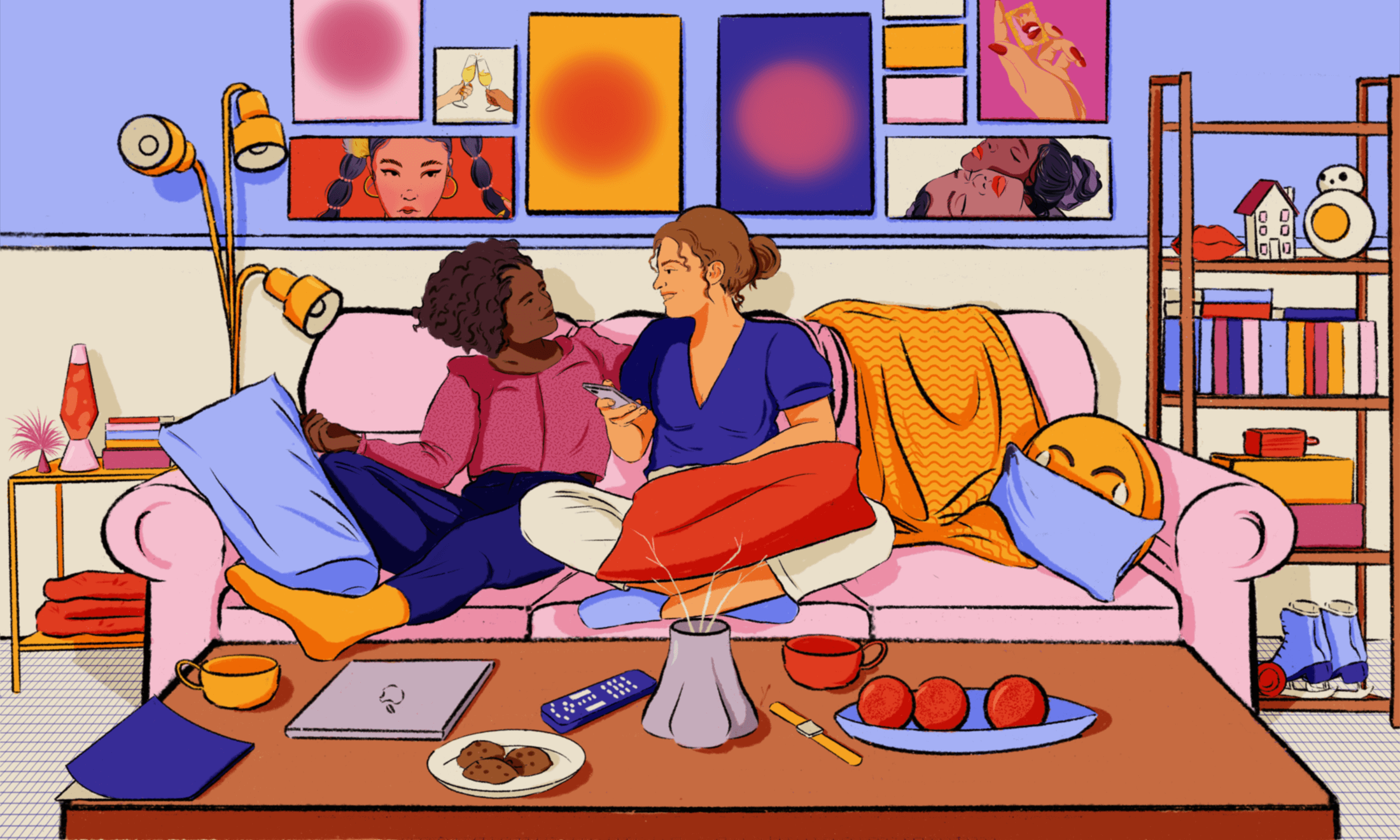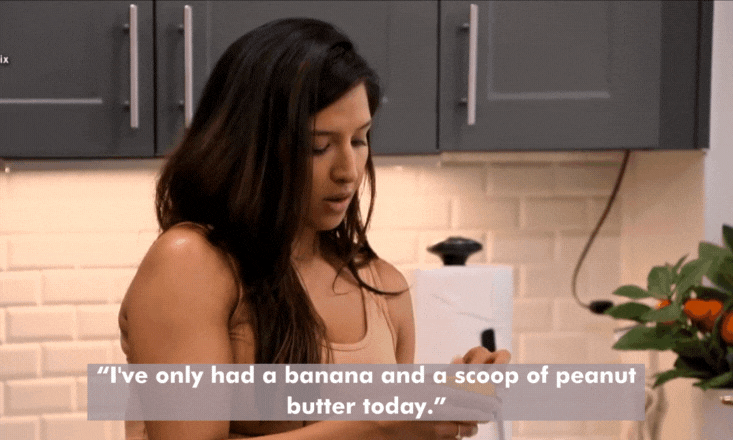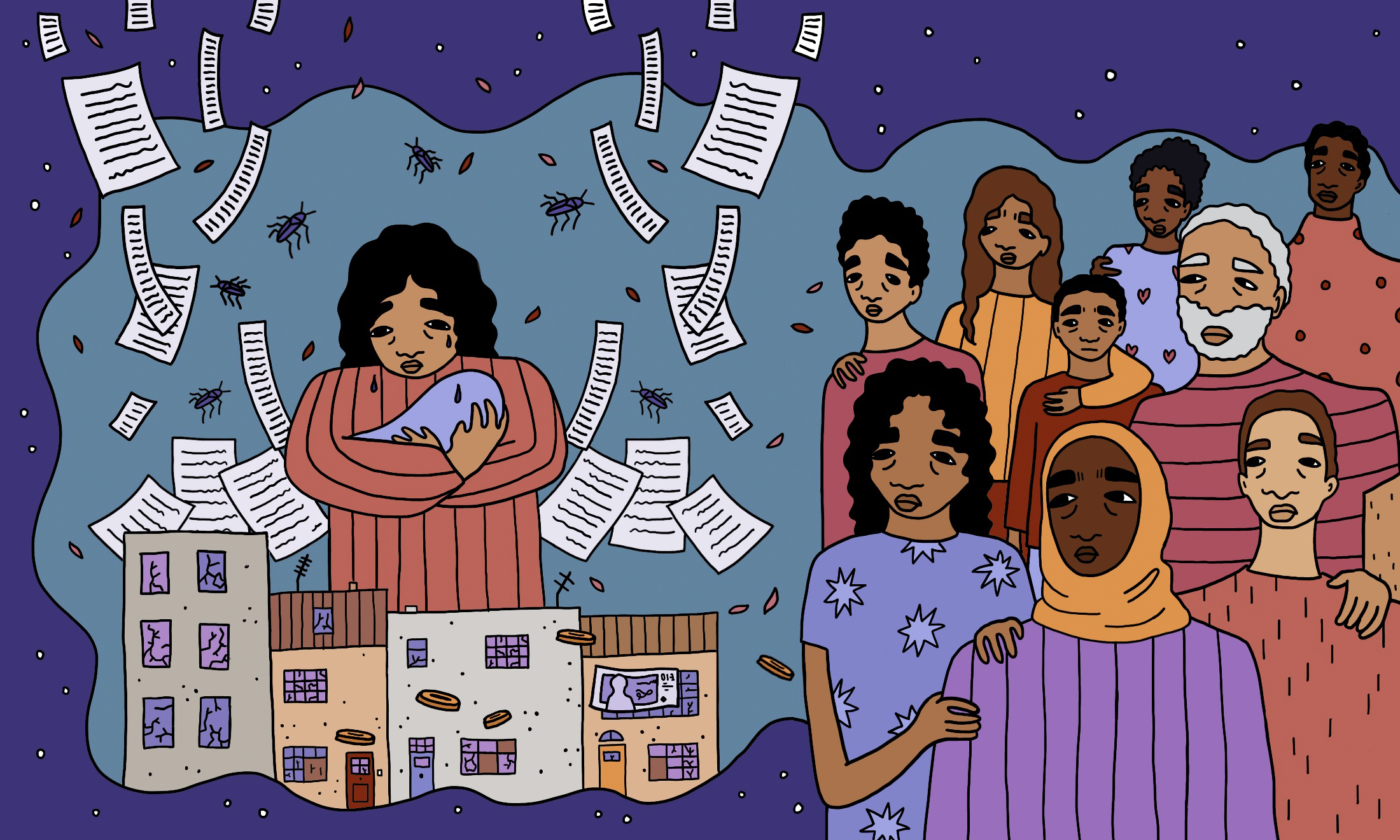
I am an incredibly emotional individual. I do not, as far as I am aware, suffer from any sort of mental illness. Throughout a year-and-a-half, long-distance relationship, on more occasions than I care to admit I have certainly found myself in a Facebook stalk too far, a temper lost too easily, or a scenario in my head too ridiculous for genuine contemplation. Again, I do not suffer with my mental health. I have however, apologised for being “psycho” more times than I can recollect.
There is no doubt that the label has snowballed of late – inspiring a strand of meme culture. It’s a way we can laugh at ourselves and laugh with each other about our behaviours, finding comfort in the fact that we weren’t the only ones who questioned who exactly those “mates” were that he said he was going out with tonight. But the psycho girlfriend trope is serving a dangerous purpose – encouraging us to be apologetic for worries and emotions, and for investing care. Where our emotions and worries tip over into the realm of irrational, we’re being encouraged to brand ourselves as “crazy” and laugh about it.
“…the psycho girlfriend trope is serving a dangerous purpose – encouraging us to be apologetic for worries and emotions, and for investing care”
The “psycho girlfriend” label falls into a dangerous category that treads a messy line; confusing feelings or personality traits with mental health issues. See also: “I’m so OCD about that”/ “that gives me anxiety”/ “I’m so depressed”. We’re all guilty of exaggeration and hyperbole, but casting personality traits into the language of mental illness blurs the distinction between the two, and entirely trivialises the position of those suffering with their mental health.
Mental illnesses are just that – illnesses. They aren’t feelings or aspects of personality which can be picked up and discarded at will. It is a privilege to use them in this way and entirely frustrating for sufferers, who don’t have the same privilege of being able to drop the label as and when they feel like it.
The psycho girlfriend label operates similarly – the reality is, your girlfriend is probably not suffering from chronic mental disorder, or exhibiting abnormal or violent social behaviour. It seems horribly regressive to equate just giving a shit, to dealing with a pretty heavy mental affliction. The accusation chimes back to a time when society scrambled round to provide explanations for the behaviour of women who weren’t obedient and docile – witchcraft, and sending women “to the asylum” fall into this same bracket – with this in mind it’s probably not in dispute that we are sitting in problematic territory.
But it’s not just an issue of language, it’s a question of attitude too. The reason this label in particular hits a nerve is not just because of its insensitivity towards those battling with their mental health. It’s because this insult seems inherently gendered, and adds a sexist dimension into the conversation on mental health. That is because it is almost always used in reference to women/wives/partners/girlfriends; in short, women in relationships or spheres of care.
“Where the behaviour branded as “psycho” is in fact rational and inoffensive, by calling it that we are normalising the idea and the notion of unhealthy behaviours”
The term is not exclusively used in heterosexual spheres of care either, though the dynamic of a heterosexual relationship exploits its effect most pertinently. Women are shamed for investing care. It is thrown out as a sign of weakness, playing directly into essentialist female irrationality narratives. This is true both where the relationship habits which earn the label of “psycho” are healthy and unhealthy.
Where the behaviour branded as “psycho” is in fact rational and inoffensive, by calling it that we are normalising the idea and the notion of unhealthy behaviours. It allows unhealthy habits to be overlooked, and for healthy habits to be collected under the umbrella of “psycho” which can be dismissed as a joke. Where the behaviour branded as “psycho” is unhealthy and damaging, the sexist strand to this particular label really comes into its own.
Men are rarely referred to in the same way, and their behaviour rarely framed in the same terms. When men manifest these similarly unhealthy behaviours, they are attributed real, human personality traits; they are “possessive” or “controlling”. Why when men misplace their investment of care or go about it in a mistaken fashion are they permitted legitimate human personality traits, whilst women are just “crazy”?
When broken down in this way, its potency is clear – the label contributes to a history steeped in inequality. This is why heterosexual relationships and spheres of care illustrate its gravity most effectively. The double standard operates entirely unchecked and begins at an imbalance within the male-female dynamic. There are connotations of agency associated with “possessive” and “controlling” in men, whilst in comparison women are given the label of “psycho” and denied this type of agency, as if their behaviour must be attributed to something beyond their control in order to be explained.
Putting it most simply – the trope is a term of abuse. Because of this it perpetuates the stigma surrounding mental illness, in intending it to be regarded as an insult to have to battle with your mental health, whilst concurrently furthering a sexist agenda in attacking women.
So, though it might be kind of funny and harmless, so was “that’s so gay” once upon a time, and that one got pretty old pretty quickly. We should encourage ourselves and each other to escape the habit of using the term so liberally, and with that, unlearn the practice of apologising for emotions – they are legitimate and they are valid.









